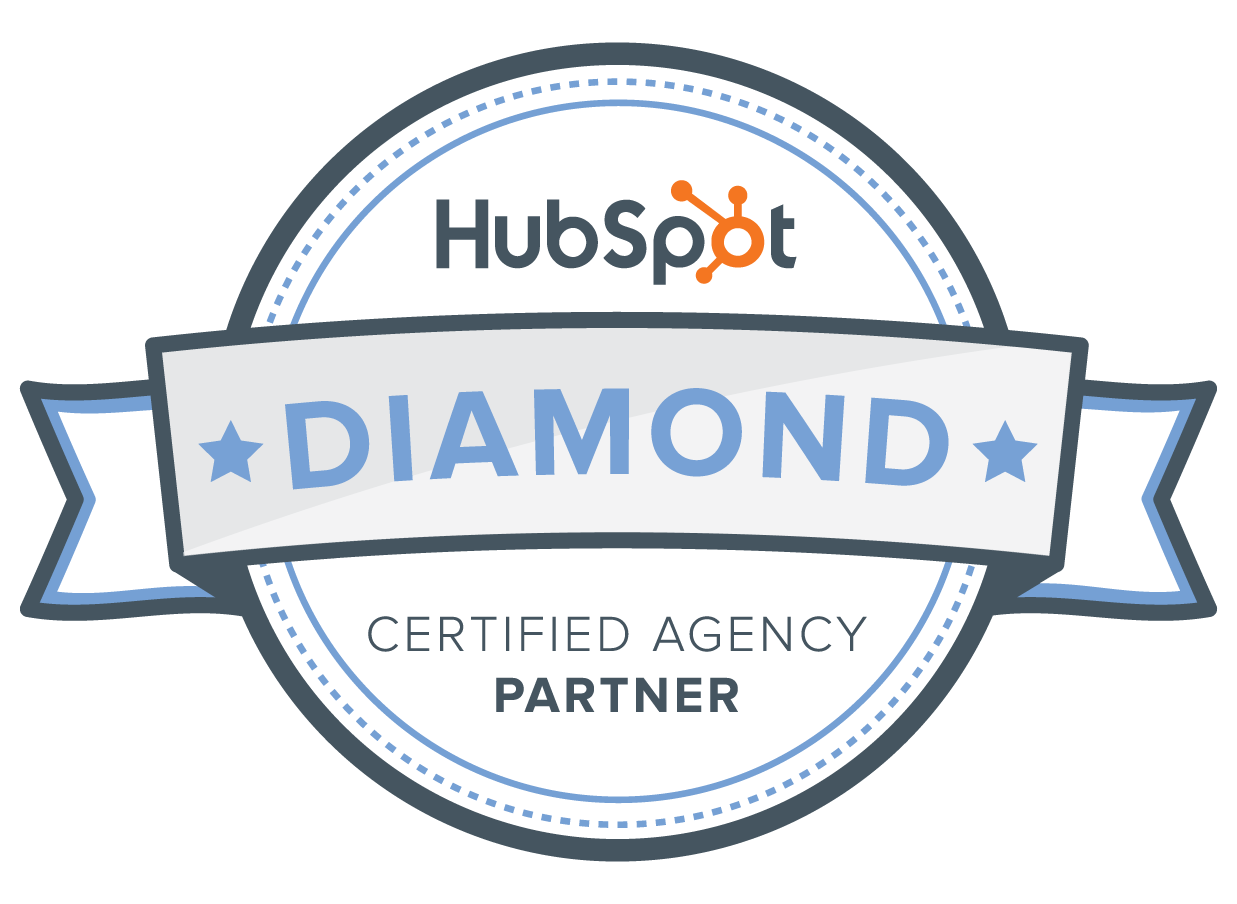The days of listing in the yellow pages are long gone. Now, most users are searching for solutions and partners online. And while you might get some great traction from third-party listing sites like Nextdoor, Angie’s List, and Houzz, by far the most powerful listing is the knowledge panel for Google my Business. And that happens with a great SEO plan.
What is a knowledge panel in Google?
The knowledge panel appears on the right side of your screen in Google search results. It displays details on a particular business or entity, giving users a quick preview of information related to the topic.
What Are the Benefits of SEO for Construction Companies?
The benefits of a great content and SEO strategy for AEC businesses are impossible to ignore. Here are some compelling statistics:
- 46% of all searches on Google are for a local business or local service (Search Engine Roundtable) -- which means if your business isn’t set up and positioned well in Google, you’re missing out on incredible local business opportunities
- Companies who engage in blogging receive 97% more backlinks to their site (HubSpot)
- A thoughtful SEO-based blogging strategy is still one of the best ways to attract new customers to your business. Short, unhelpful articles aren’t going to work. Here’s why:
-
- On average, long content receives 77.2% more backlinks than short articles (Backlinko)
- 75% of searchers never go past the first page of search results (HubSpot) -- which means, your business will need to be listed on page one in order to be found by your ideal customers. And not only that, but positioning is also critical, as illustrated by the next stat:
- The first 5 organic results in the SERPs account for 67.6% of all clicks (Zero Limit Web)
Now, let’s take a look at the components that make up your SEO strategy which can broken into two main categories: on-page SEO and off-page and local SEO. For each category, there are several things you'll want to consider.
On-Page SEO for Construction Companies
1. Keyword Research:
Keyword Research is a one-time or ongoing investment in understanding how your ideal customer is searching for solutions in Google. You’ll want to use a trusted keyword research tool like Semrush, Moz Pro, or Ahrefs to complete your keyword research.
Need a quick refresher on keywords? A keyword is any phrase that users type into Google to generate a search result. A keyword can be a single word, like “contractor” or an entire query, like “the best contractors near me”.
Keyword research typically involves:
- Optimizing what your site ranks for already: so that you can build off of existing momentum
- Auditing what your direct business competitors rank for: so you can show up in the same organic spaces as them
- Auditing what you want to be known for: to identify opportunities to create new content - or edit existing content - to rank for new terms
A great keyword will typically have a balance between:
- Monthly search volume: you’ll want to target terms that your audience is searching for. The more search volume, the higher potential for more traffic to your site
- Approachable difficulty metric: most keyword research tools use an algorithm to evaluate how hard it will be to rank for a particular keyword on a scale from 0 - 100.
The ideal keyword will have moderate monthly search volume with a low-to-moderate difficulty ranking.
Looking for more on how to perform keyword research? Check out this comprehensive guide. Or, consider outsourcing this work to a marketing agency with experience in your specific industry.
2. On-Page Optimization
Once you have your target keywords, it’s time to align them with your existing content. Avoid ‘keyword stuffing’ - which means shoving keywords into places where they don’t really belong.
You do want to consider the places your keywords would help searchers understand your content using terms they’re already searching for.
Here are a few key areas on your site to optimize using keywords:
1. Page Title: Google will typically only display the first 50 - 60 characters of your page title. While it’s important to consider adding your keyword, it’s more important that the title is compelling and accurately reflects the page content.
2. Meta Description: This is where you describe what your page is about. Here’s a great guide on how to write a compelling meta description for your pages. Basically: stay within 155 characters and focus on the true and accurate benefit of reading that page.
3. Alt Text: Alt text is the text used to describe the images used on your site pages to both Google and visually-impaired site visitors. It’s important that your alt text accurately reflects the content of the image. If that means a keyword fits there, great!
4. Headers: Headers are blocks of text that have been tagged with h1, h2, h3, etc in your source code. Headers help Google and readers understand what’s important on your page. Headers are critical areas to consider adding keywords as they are a fundamental part of ranking for featured snippets.
5. Body Text: Of course, it’s important to add your keyword to the body text, but only where it makes sense to do so.
Remember: Keyword stuffing is an outdated and ineffective SEO tactic. Be wary of agencies or groups that promise you page 1 rankings but aren’t having you invest in strategic content initiatives. Whenever possible, focus on creating the most helpful, insightful content for your audience. That's what wins in the SEO world!
Off-Page and Local SEO for Construction Companies
There are a number of technical, structural, and design considerations to incorporate into your SEO strategy. Here are a few of the most important:
1. Core web vitals
Core web vitals are becoming more and more important to consider when it comes to driving qualified traffic and improving site ranking. Core web vitals may change over time, but in general, they encompass:
- Site load speed: how long it takes for your website to load. Image size, unused javascript, lazy loading, and more can contribute to site speed. Faster sites tend to be favored by Google (and users!)
- Safe browsing: HTTPS and safe browsing can also directly affect your site’s ranking and access to some users.
- Page experience: all too often, pages are loaded with intrusive pop-ups, lack of responsiveness to a variety of mobile devices, and more. These can all impact a user’s experience and ease of access to your content. Which also directly affects your ranking.
For more on Core Web Vitals and how to improve them, check out this article. To analyze your site’s own Core Web Vitals, use this tool: https://developers.google.com/speed/pagespeed/insights/
2. Site structure, navigation and layout
There are certain aspects users expect when they come to a website. Namely: what is this site about? And is it easy to find the answers I have? And can I quickly navigate to key pages in a way that makes sense?
Design is important here, but perhaps more important is your site’s structure and layout.
Sometimes, when we know our business really well, we expect that users will know where to get information on our site - because WE know. User-testing or implementing a heat-mapping tool like Hot Jar can help you understand how users interact with your site’s content and layout.
Remember that this usability also needs to transfer to mobile devices.
3. Google my Business
Google my Business is a series of tools that Google provides business owners (such as yourself!) to list their business directly in Google search results. Have you ever searched for a local solution and then used Google’s sidebar or map functionality to find local solutions? That’s Google my Business. It is absolutely critical that you create a thoughtful, optimized Google My Business listing for the AEC industry especially.
Google my Business allows you to set map locations, list hours, and collect reviews about your business. Here is an SEO Checklist to help you get started.
4. Internal and external linking strategy
You can help Google understand what pages are the most important by implementing an internal linking strategy. Hyperlinks are also critical to building topic authority. By linking related content on your site together, Google can start to understand where your site may have topic authority over a competitor’s site.
But external links are just as important. If you partner with great businesses in the area, link your sites together.
One of the best ways to get inbound links is to create remarkable content. But for the construction industry, specifically, listing sites can also be a powerful way to increase site authority and visibility.
5. Business reviews
While it’s great to list testimonials and reviews on your own site, external testimonials are especially important for the AEC industry. A strong review strategy is a great asset to add to your SEO tool belt.
Whenever possible, invite happy clients and customers to review your business on Google. Great reviews can directly impact your site’s ranking in local search results.
However, Google isn’t the only place you might consider having your customers collect reviews (although we might argue it’s the MOST important if your time and resources are limited). But Yelp and common listing sites for AEC are also important to consider reviews and listings:
But asking for reviews is just the first piece of the puzzle. Responding to customer reviews is a great SEO strategy. Even if the reviews are negative. Customers like to see that businesses are engaged with searchers and reviewers -- and responding is a great way to increase your business’ authority on listing pages.
Outsourcing SEO for Your Construction Company
Developing, implementing, and maintaining an SEO strategy for your AEC business is a full-time job. Outsourcing a piece - or all - of your SEO strategy to a trusted business partner is one way to ensure you’re getting the most ROI from your site.
Our team of content and SEO experts has worked with AEC companies of all sizes. Connect with us today to see how we can help your site rank sustainably and start driving qualified customers to your site.
Learn More: Digital Marketing for Construction Companies









